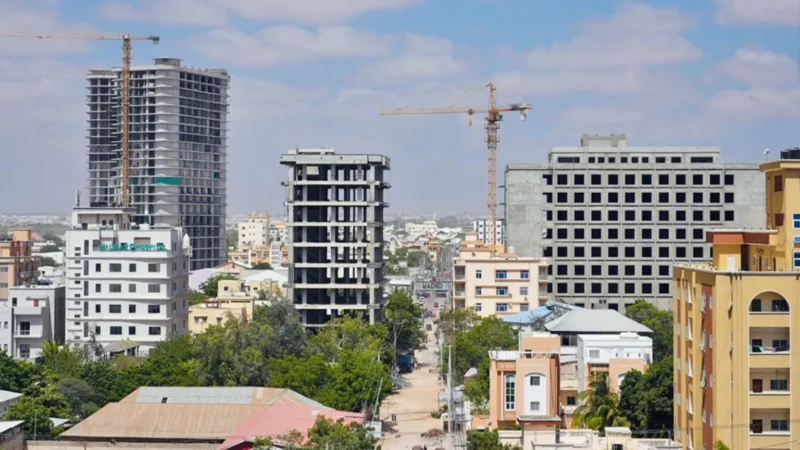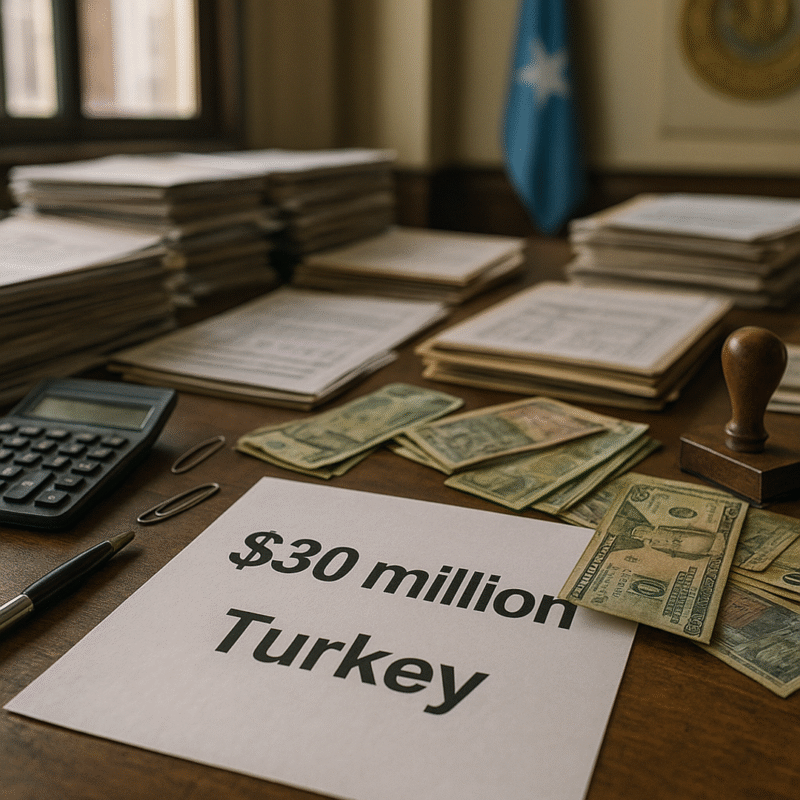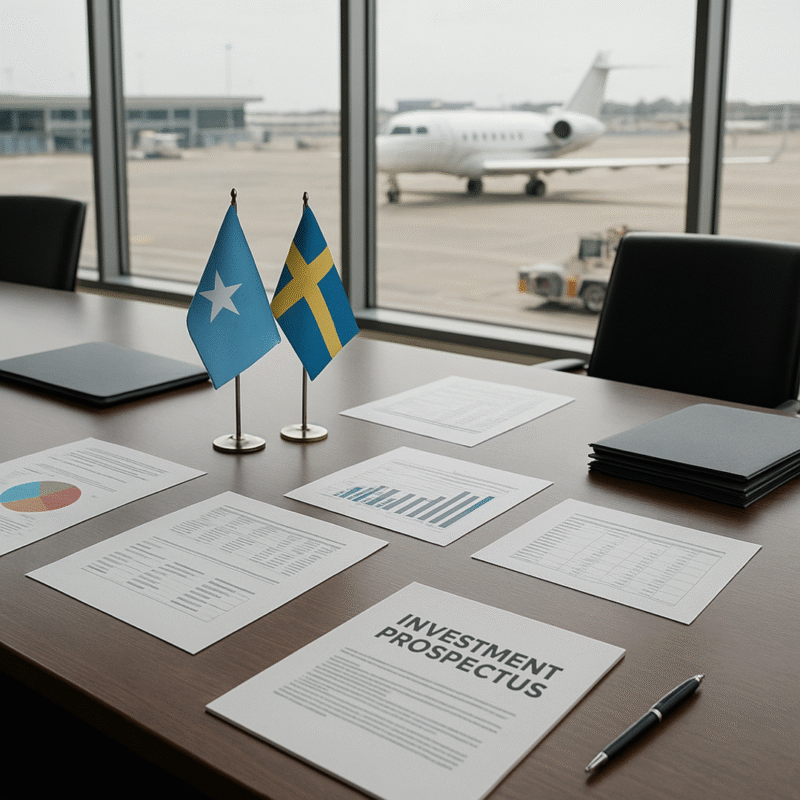The situation between the Mogadishu administration and Somaliland over livestock exports from Berbera Port highlights growing tensions tied to tax revenues and the broader economic strategy in Somalia.
Mogadishu’s decision to impose new taxes on livestock exports, taking a portion of the revenue previously collected by Somaliland, is significant because livestock trade, especially exports to Saudi Arabia, represents a critical income source for Somaliland.
The refusal by Somaliland to comply with the new demand and the subsequent halt in livestock exports has caused a disruption in trade, which could have serious consequences for both regions.
Livestock trade is a key economic activity, particularly in Berbera, and the standstill affects not only Somaliland’s revenue but also the livelihoods of traders, herders, and those involved in the export process.
Mogadishu’s move appears to be part of a broader push to reform its tax system and expand its revenue streams, likely in response to external pressure from Western governments that provide significant financial support to the central government.
With international crises straining global resources, these governments are seeking to make Somalia more self-sufficient, urging reforms to lessen dependency on foreign aid.
By asserting control over livestock export permits, Mogadishu is exerting economic pressure on Somaliland and potentially other regional administrations.
This may provoke a broader conflict over fiscal control, especially if regional administrations feel that Mogadishu is overreaching into their economic affairs.
The halt in exports, if prolonged, could escalate tensions and have wider political and economic repercussions.
While Mogadishu is looking to broaden its tax base and enforce compliance, Somaliland’s reliance on Berbera Port’s revenue makes this a highly sensitive issue, and continued trade disruptions could intensify the conflict between the two administrations.




